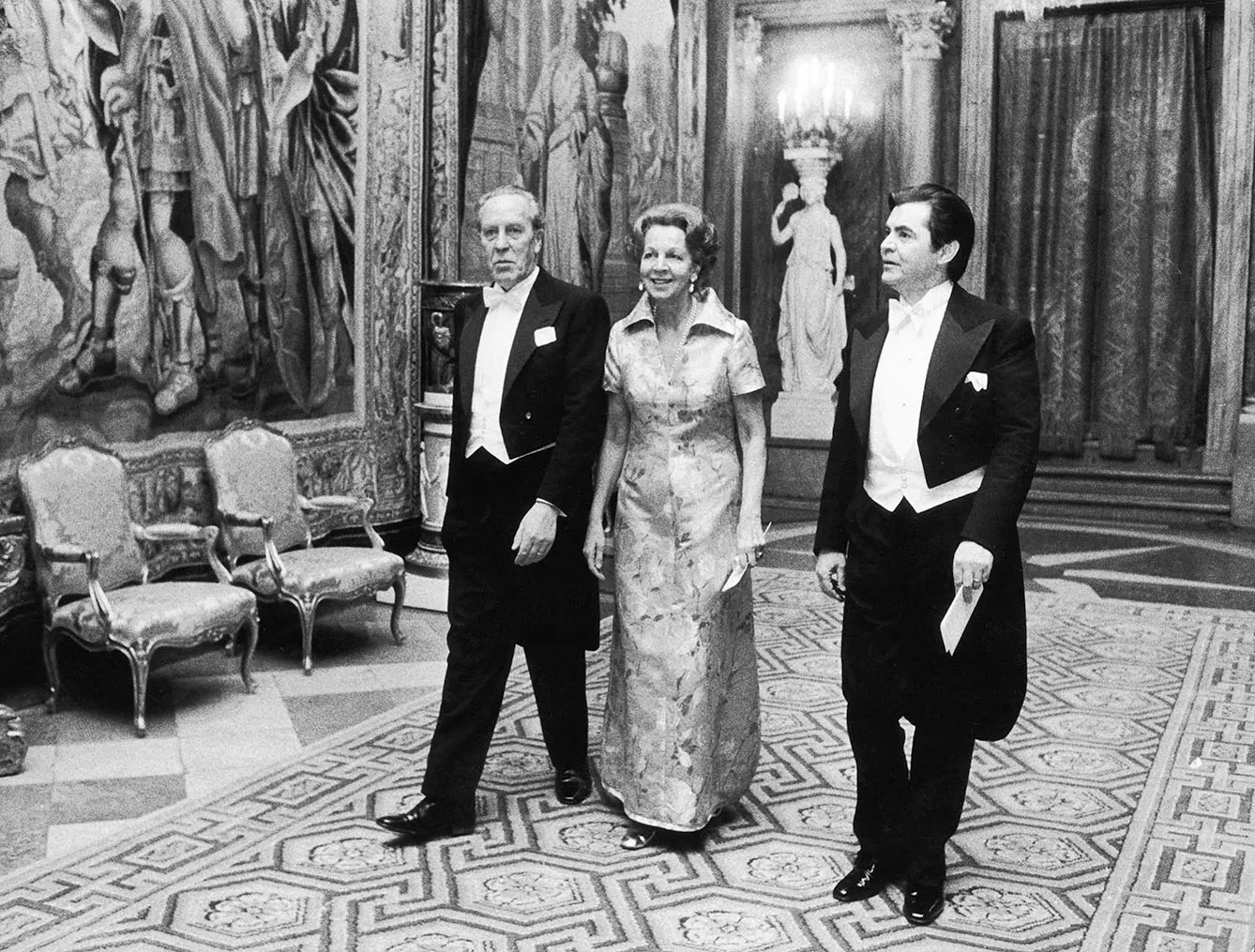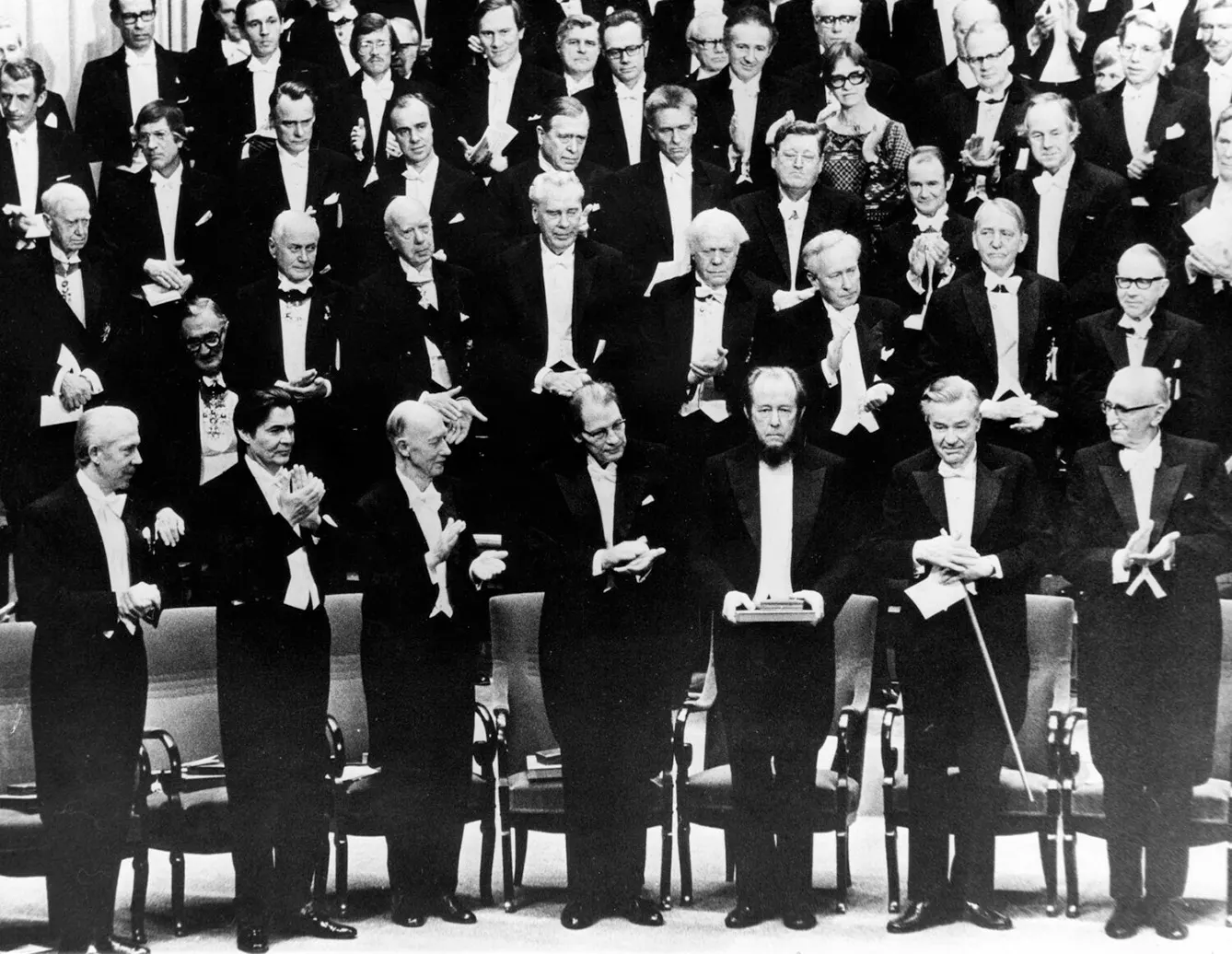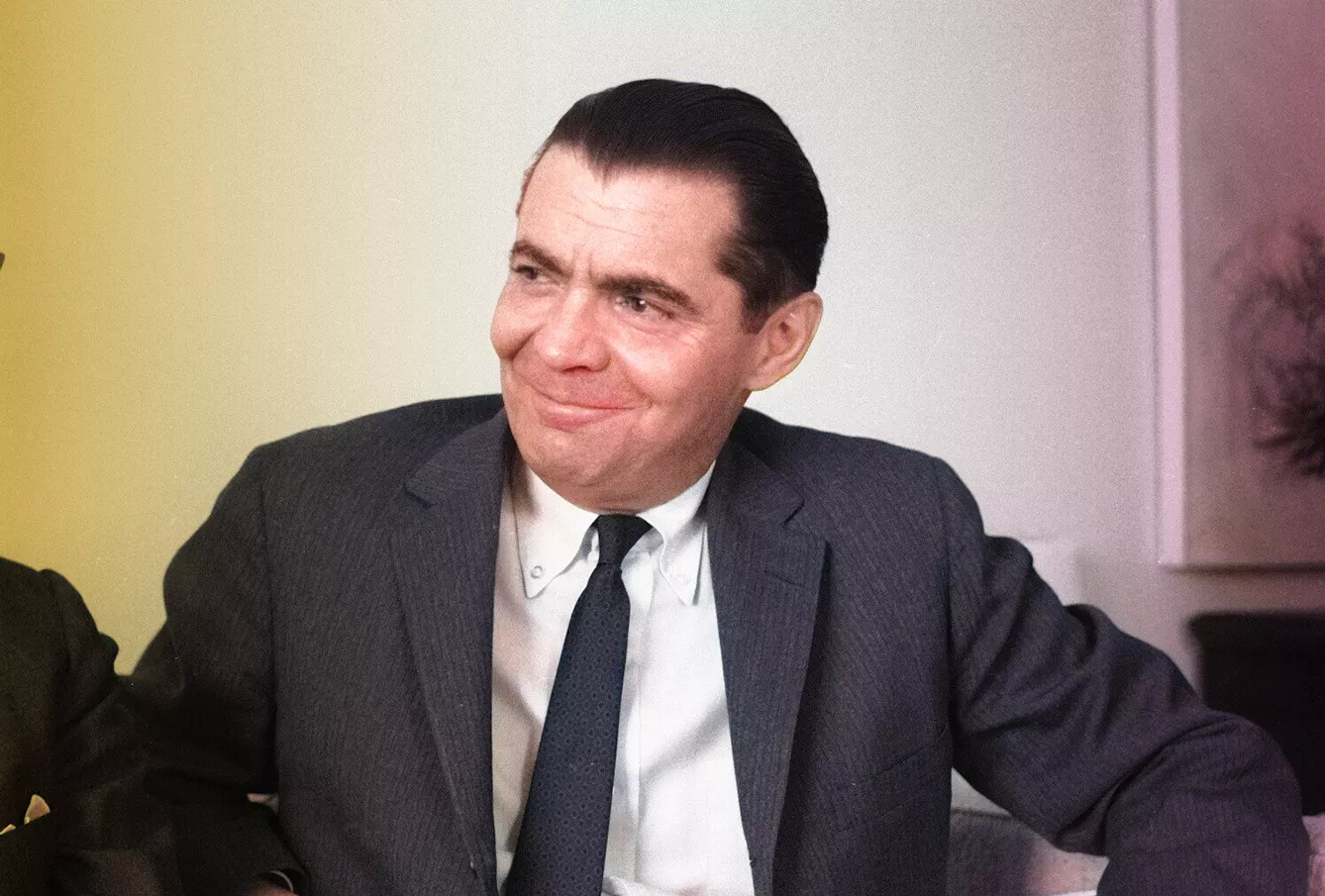Excellent genes, bright intellect, high IQ, originality, and creativity are some of the most prominent characteristics of a genius. But what about luck? Does a genius need luck, and what role could it play in his life? We can all agree that a bright mind can often be shadowed by life’s circumstances, be it war, famine, poor timing, or rough occurrences.
We’ve seen it before: Stefan Odobleja and Aurel Persu are just some examples of geniuses who were oppressed by their circumstances. Today’s protagonist, George Emil Palade, was close to being one of them too, but luckily for mankind, he was always one step ahead.
Palade was born in 1912. He lived almost one century on this Earth. However, his contribution to the world we live in exceeds hundreds and hundreds of years and will be forever remembered. In fact, his discovery is something we were all taught about in elementary school. It’s just that not many, or any, of us, knew it was a Romanian scientist behind it all.
Starting down the path to greatness
George was born in a family of intellectuals. His father was a Philosophy Professor, and his mother was a teacher. He concluded, in his autobiography, that his family environment sparked his great interest and respect for sciences, books, and learning from a young age. Ever since birth, his life was set apart for great things. And nothing could stand against the fulfillment of his calling, for it seemed that fortune and blessings followed him wherever he went.


George’s friends and relatives saw his passion and encouraged him to study medicine. He graduated from high school, college, and doctoral studies in Romania. There, he was able to make connections that would impact the course of his life. Later on, he was encouraged, by his mentor’s successor, to go to the United States to develop his studies further and advance his work.
George Emil Palade in great company
Palade was fortunate enough to have true councilors and visionary people around him. He decided to take their advice and moved to the United States. He left Romania one year before the communist regime took over. One can only imagine the misfortune a delay or a change of plans could have brought.
Palade worked for the Biology Laboratory of Robert Chambers at New York University in America. This is where he met, by chance, Albert Claude, who would later become one of his two co-laureates. Albert proposed to Palade to come and work with him at The Rockefeller Institute for Medical Research in the fall. This opportunity came just in time, as professor Chambers was about to retire at the end of the summer. Once again, it seemed like life had Palade’s back everywhere he went.
At the Rockefeller Institute, Palade had the chance to showcase his intellect and dedicate himself to the formulation of a new branch in biology – molecular biology. Soon after, the laboratory he worked in began gaining notoriety due to its discoveries in the structure of mitochondria, endoplasmic reticulum, and chemical synapses.
With luck still running strong
In his biography, he stated that even the circumstances that allowed this outcome were “unusually favorable” as they did not have to worry about research funds, had almost complete freedom in performing the work, and benefited from great collaborators. And yet, Palade was far from running out of luck.
In 1973, he left the Rockefeller Institute and joined Yale University. He believed it was time for something new, something more in the field of biology. And he was right. One year later, together with Albert Claude and Christian de Duve, he was awarded the Nobel Prize for the discovery of what is known today as molecular biology. Palade was a scientist admired for his intellect and a man admired for his attributes.
He left a legacy of knowledge and values so strong that scholars worldwide nod in silence and deep appreciation whenever the name of Palade is mentioned. The world would not be the same without his contribution. And while a genius is born that way, it is for sure luck, or what some of us may see as blessing and divine providence, which play a definitive role in the life of any genius.







